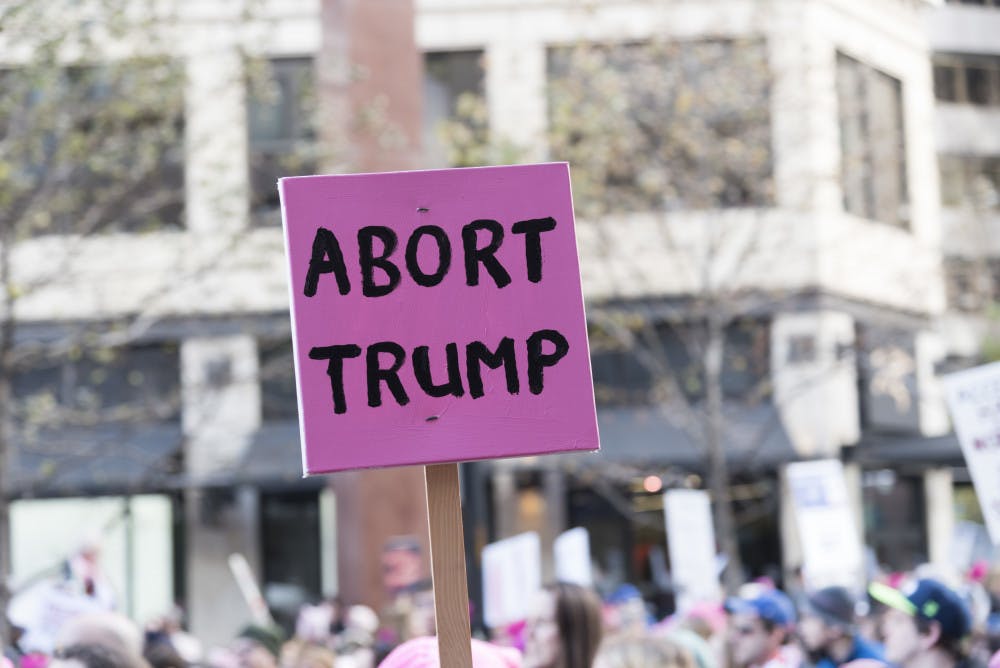After Donald Trump was elected the next president of the U.S., some feared that there could be a national ban on abortion, which would likely threaten the biological and psychological security and health of American women.
During the late 20th century, a fascist dictator in Romania forced women to sacrifice their mental and physical health, and caused one of the world’s greatest orphan crisis. Bans on abortion in Romania were underpinned by the state’s invasion into the sexual practices of private citizens and by a strictly enforced national quota — women were expected to provide the Romanian nation-state with at least three or four children.I was adopted from Campulung, Romania, at age 2. I am a product of fascism, the totalitarian horrors of Nicolae Ceausescu and one of the most severe orphan crises the world has ever seen.

National bans, or partial bans that forced women to obtain dangerous birth control alternatives in Romania, led to mass health epidemics, economic turmoil, widespread depression, despair and alcoholism. As a result of the bans on all forms of birth control, Romanian mothers tragically abandoned hundreds of thousands of children, and the state placed them in orphanages.
Google Books summarizes the Gail Kligman’s book “The Politics of Duplicity Controlling Reproduction in Ceausescu’s Romania,” which also helps explain what life was like under Ceausescu’s rule:
“Ceausescu’s reproductive policies, among which the banning of abortion was central, affected the physical and emotional well-being not only of individual men, women, children, and families but also of society as a whole. Sexuality, intimacy, and fertility control were fraught with fear, which permeated daily life and took a heavy moral toll as lying and dissimulation transformed both individuals and the state.” If you are for birth control, that’s fine. However, we should talk about what the actual efforts to honor these restrictions have looked like in the past and how we are to implement such policies here in the U.S.
What will happen if we overturn Roe v. Wade? What will America’s totalitarian erasure of women’s autonomy look like in your family? How do you actually think a government can prevent abortion? How can a nation and a government live with the severe consequences, such as the horrific orphan crisis of Romania and post-war Europe?
Cynthia Paces, a history professor at the College and a historian of modern Europe and gender, taught the students of her Holocaust Genocide Studies class this past summer that we should shy away from an exclusive focus on Adolph Hitler’s vision. Instead, Paces and many others in her field suggest that we fixate on how everyday Germans perpetrated and tolerated anti-Semitic ideologies and white supremacy that galvanized around the National Socialist Party and the toxic rhetoric of Hitler, Heinrich Himmler and Joseph Goebbels.
In the 1930s, Germany oversaw mass deportations and enacted to prevent the problem of illegal immigrants, based on racist stereotypes that fabricated and manufactured claims about the Jewish race. I have had conversations with people who adamantly assert that the American state is justified in abruptly and violently deporting Latino and Muslims based on the similar stereotypical notions of their racial makeup.
If you oppose immigration, or forms that you deem to be “illegal,” what are the policies you expect us to support? Choose carefully America. Trump may not be Hitler, but Germany and Romania are part of the world we live in, and we are deeply embedded in it







